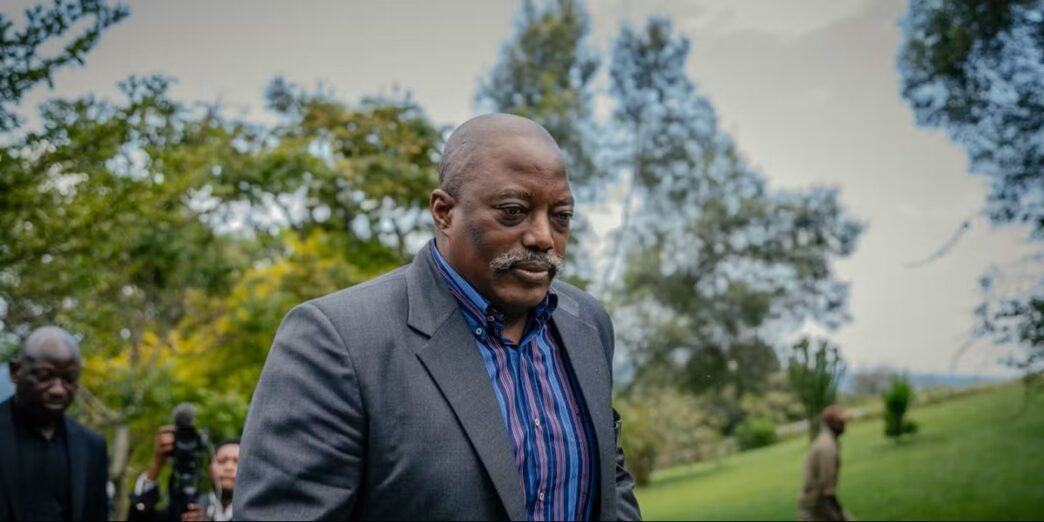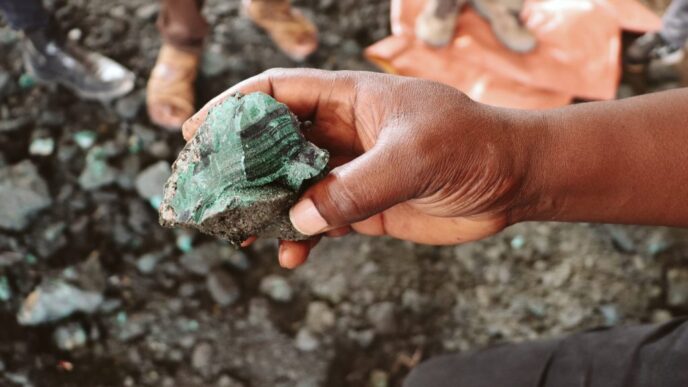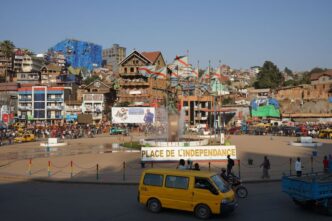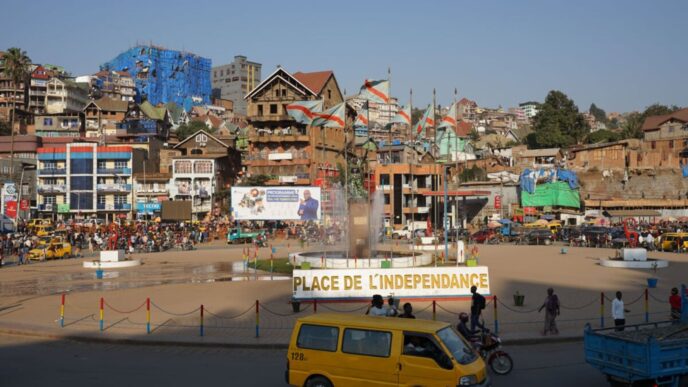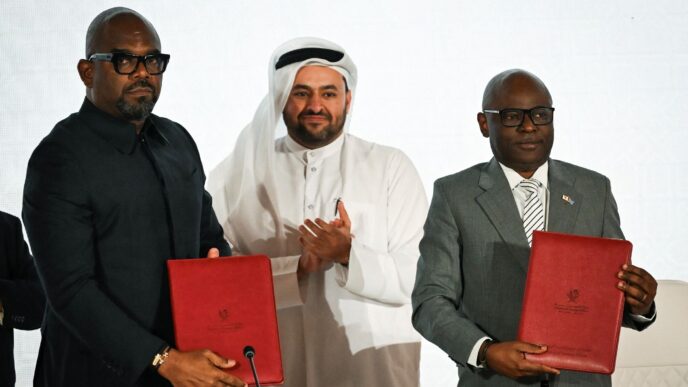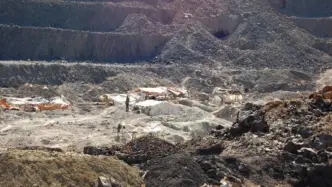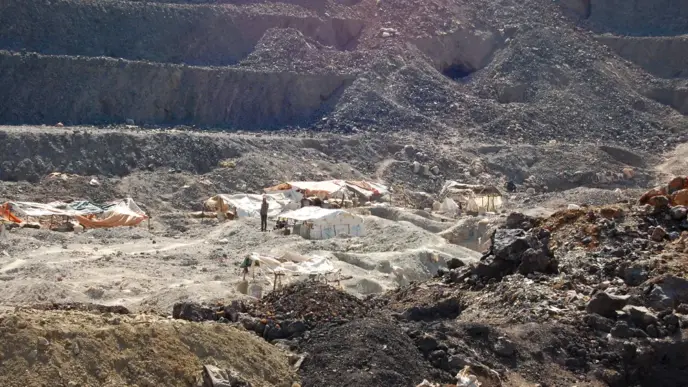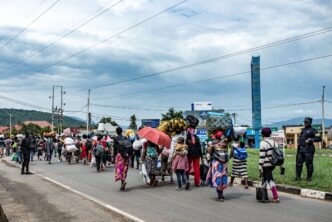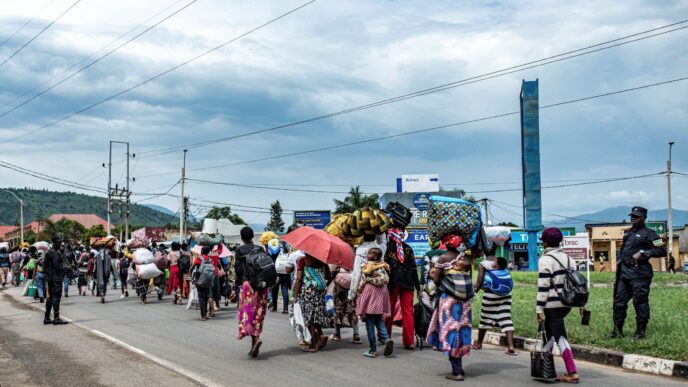A military tribunal in the Democratic Republic of Congo on Tuesday sentenced former president Joseph Kabila to death in absentia for “treason.”Â
Kabila, 54, was not present at the trial in the capital and did not have legal representation, and was found guilty of colluding with the M23 anti-government militia, which has captured significant territories in the resource-rich eastern Congo with assistance from Rwanda.Â
He departed the vast central African nation in 2023 and made a brief return to Goma in the tumultuous east in May, which raised concerns in Kinshasa.Â
Analysts believe the death sentence is intended to eliminate his potential to unify the opposition within the nation, despite his exact location being unknown.Â
The DRC, which has been plagued by violence for over three decades, lifted its moratorium on the death penalty last year, though no executions have occurred since.Â
Military prosecutor General Lucien Rene Likulia sought the death penalty for Kabila, whose political party condemned the trial as a political manoeuvre.Â
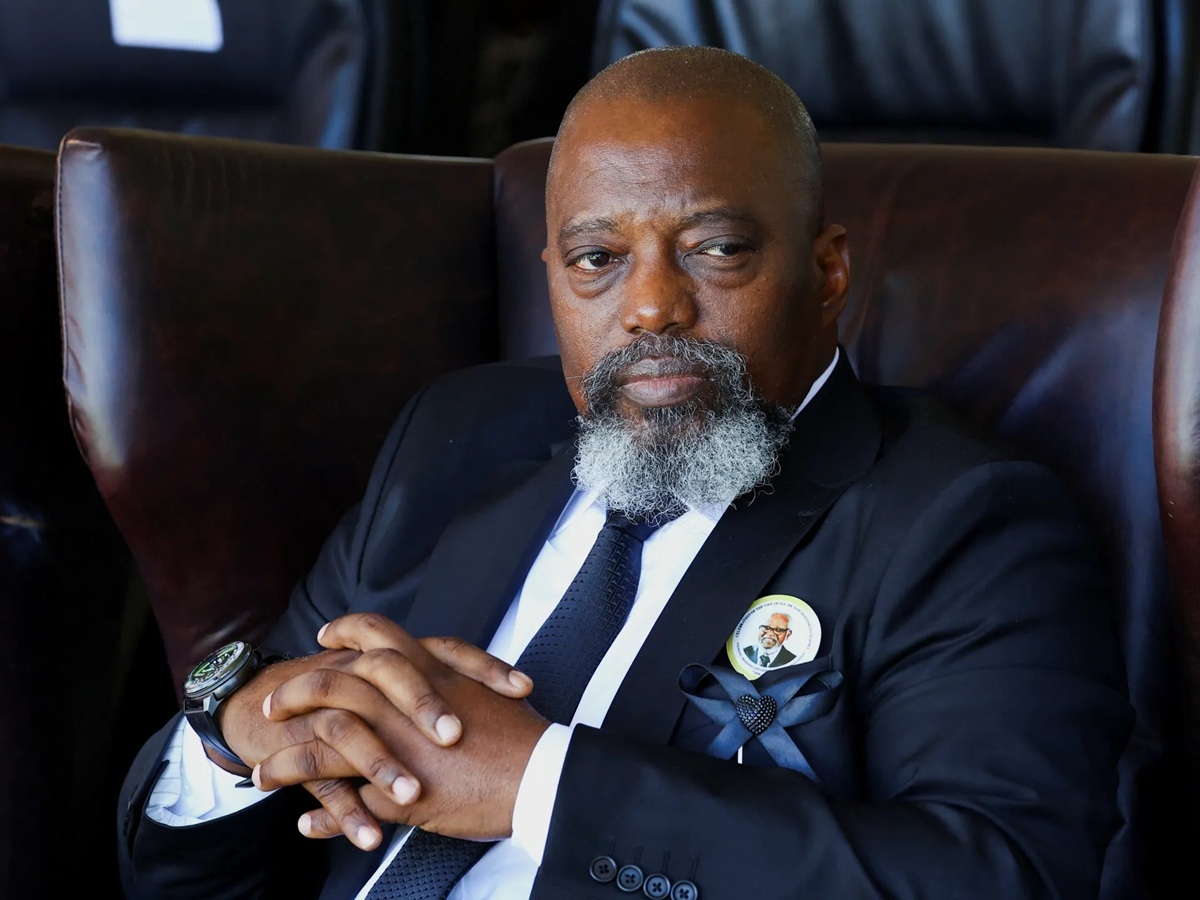
Likulia accused the former leader of conspiring to overthrow President Felix Tshisekedi, and additional charges against him included homicide, torture, and rape related to M23.Â
According to Likulia, Kabila, in collaboration with Rwanda, attempted to initiate a coup against Tshisekedi, particularly with the assistance of Corneille Nangaa, who led the electoral commission during the 2018 presidential election that Tshisekedi won.Â
Kabila held power in the country from 2001 until 2019, having ascended to the presidency following the assassination of his father, Laurent-Desire Kabila.Â
During his visit to Goma in May, Kabila met with local religious leaders alongside M23 spokesperson Lawrence Kanyuka.Â
Tshisekedi has claimed that Kabila is the mastermind behind the armed group, while Kabila has referred to Tshisekedi’s government as a “dictatorship.”Â
Rwanda denies offering military support to the M23, but UN experts contend that its army played a “critical” role in the group’s offensive.


 Trending
Trending 

